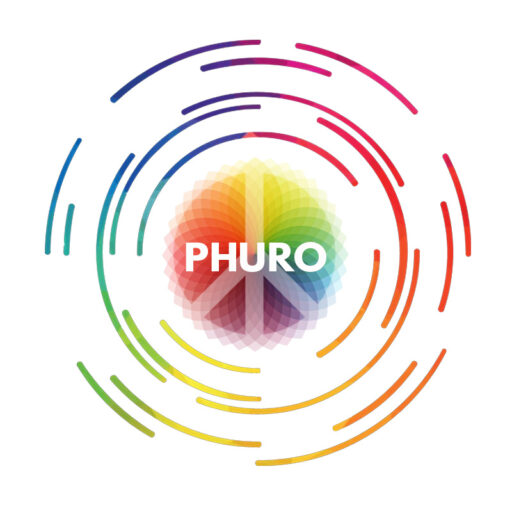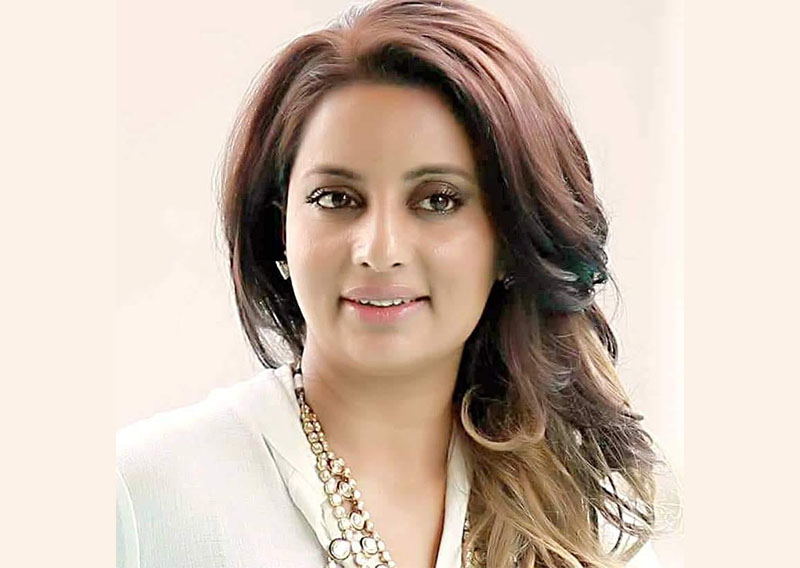For political peace seekers, the continuous dismissal of SAARC’s Annual Summit has repercussions that have deep roots and an even deeper impact on the power balance within this region. India for the longest has been the king of this political jungle and pulling the plug from an organization is stopping itself from being a peace leader which is the only hope for peace in this region (SAARC). Let us study further what really has happened to this region, a larger macro theory has impacted the microfiber of today’s society, we have forgotten that peace was the foundation for this region. India since the era of Mahatma Gandhi and before, has stood for peace and ensured it prevailed in this highly volatile and fragmented region of the world. However, history has shown that once again time has unfurled a great opportunity in its hands to save humanity and to save this region.
The questions we need to deliberate upon are, why has political diplomacy failed in this region, or why this region has persistent violence, and why this region is being highlighted as one of the most dangerous zones of the world. One of the perspectives one can say is that every time a political situation arose, the politician chose conflict over conciliation. When there are reasons for conflict, there are equivalent reasons for conciliation also. Each time a piece of academic advice came it pushed hostility and vengeance through its every vein in the region rather than choosing to resort to forgiveness and peace. This region clearly knows what a politician wants, what a social leader wants, or what a business leader wants, however, this region doesn’t know what the people of this region want. With demographic dividend being on our side, we have the potential to be the next superpower like the European Union – why are we not jumping on this opportunity of futuristic visionary leadership for the region.
I will try to get to the root of this problem via the international relations theories which perhaps were applied to this region when the political institutions were formed which lead us to this disastrous situation. Perhaps It is Westphalia. In Europe, the Thirty Years’ War ended with the Treaty of Westphalia in 1648, which changed the map of Europe irrevocably. The peace was negotiated, in 1644, in the Westphalian towns of Münster and Osnabrück. The Spanish-Dutch treaty was signed on January 30, 1648. The Peace of Westphalia established important political precedents for state sovereignty, inter-state diplomacy, and balance of power in Europe.
When I study this region, I blame it on Westphalia. Westphalia said, “wars can’t be avoided and just wars must exist”. Whose realm is his religion? That’s exactly what is happening here.
The world has moved on, but SAARC is stuck in time. A political study should have been conducted, the political theories should have been updated; to begin with, Westphalia should have never been applied in this region without keeping in mind the shared values of the region and carefully choosing another set of values that could have made the transition easier for us.
For example, knowing our regional values we could have applied or evolved on the theory of wars by St. Augustine; he said “we need to rather develop ourselves as human beings to a level that we can stop the very cause of war. Those interested in history could refer to books and realize, this has been a never-ending quest for power, finishing dynasties, still man has yet not learned that the very nature of violence and war is destruction”.
When you study Europe and its wars, you realize that eventually 50 years after the second world war & at the end of all devastation, Europe with the most gruesome history came together. A new theory of international norms and rules was formed. And based on that the west established institutions like the European Union. SAARC is at the same point in history today and we do not have 50 years more. We need to take action now.
Historically, SAARC as a region has flourished at some point with different borderlines, however, the transition from kingdoms to democracy was not smooth. It went through invasions, slavery, treachery, and all kind of things. Including reshaping of geographies which lead to wars. The partition happened, the two wars between India and Pakistan also took place. 1949 saw the UN establishing a ceasefire line following the Indo-Pakistan war of 1947.
75 years hence the hostility and antagonism continue and it is relentlessly marching towards its own disaster.
Let’s take an example of Balochistan, how Westphalia has taken their peace of mind, and what should have been their own theory of international peace and peace with other parts of the region?
When you realize that politicians in Balochistan are in exile; without whom the people of that region are lost, directionless and under dictatorship. Balochistan does not identify or recognize Pakistan as a state however it has no voice of its own. And so many examples like Kashmir, Sri Lanka, Maldives & Afghanistan. When you go to these regions and try to understand the problems, all are similar in nature. Each region is trying to find its identity by applying Westphalia, rather than evolving to a better ideology of its own, which should work for its people.
In the ethics of the United Nations, the forceful occupation of Pakistan on Balochistan is a clear violation of the UN Charter of Sub article IV which says “you can not invade a country nor can you use force to occupy them”. Balochistan was one of the first cases of illegal occupation under international law where the United Nations turned a blind eye. The United Nations also turned a blind eye to the Kashmir issue and gave it a political identity and roadmap rather than solving it legally. This happened when former Prime Minister of India Pandit Jawahar Lal Nehru went to this new Institution with hopes of solving a problem that was leading to wars. A constant fight over these regions has soaked the geography with the blood of millions. We are absolutely indifferent.
My appeal is that we need to take action on evolving toward a new political philosophy/theory and establish an institution that would implement that throughout the region. And till we get there, SAARC needs to negate violence, we need to find political peace till we find a solution. And to get there we will have to then brainstorm and find solutions from people and apply them based on the universal life values of this region. What should matter to SAARC right now should be the pursuit of Peace.
If religion which has been highlighted in SAARCs violence is the truth then Balochistan by now would have identified with Pakistan and accepted it. We need to think and think differently and work for political peace.
SAARC is important but to give it teeth we need to redefine it with Political Peace.


Recent Comments